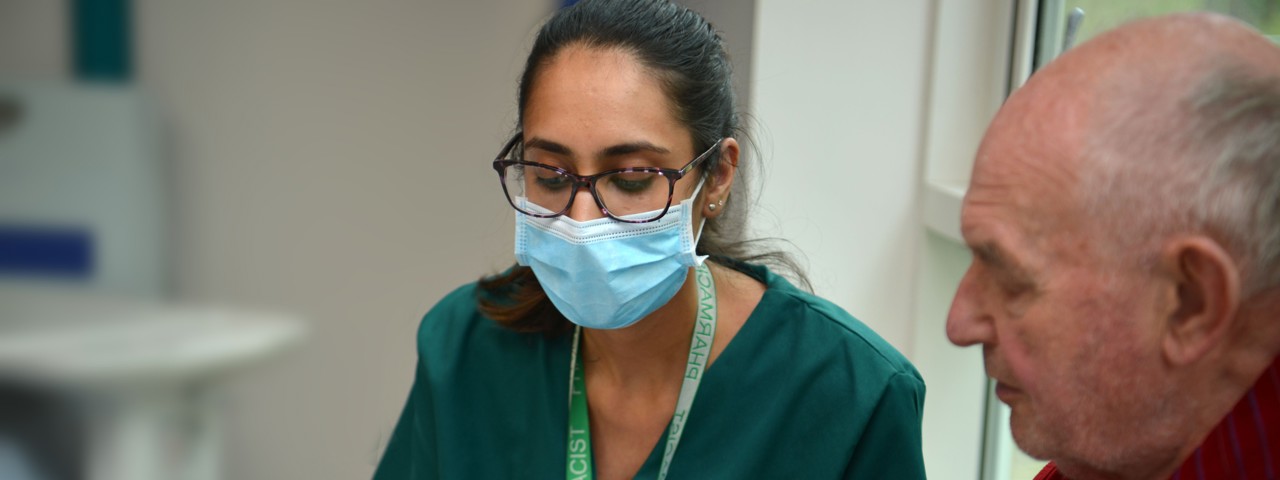Epilepsy: Pregnancy, birth and postnatal information
This leaflet explains what complications may occur, how your pregnancy will be monitored and who is available to support you during your pregnancy.
Read more
This leaflet explains what complications may occur, how your pregnancy will be monitored and who is available to support you during your pregnancy.
Read moreAnswers some questions about epiretinal membrane and surgery to remove it
Read moreThis leaflet gives advice on pelvic floor care and exercises following an episiotomy or a second degree perineal tear as a result of child birth.
Read morePrevention and treatment advice for patients who have epistaxis (nosebleeds)
Read moreGives advice on preventing further bleeds and what to do if you do get a nose bleed, following cautery (treatment with silver nitrate stick to stop bleeding)
Read moreQuestions to fill in before attending the Sleep Clinic
Read moreExplains what having Extended Spectrum Beta-Lactamase (ESBL) means and how it is managed
Read moreThis leaflet gives you information on the operation you are about to undergo.
Read moreWhat to expect during this heart test
Read morePresentation on why exercise is important for heart patients
Read moreWe are very sorry to hear of the loss of your baby. This leaflet contains safe and effective exercises and advice to help your physical recovery after the loss of a baby during pregnancy or shortly after birth. These exercises can be built up gradually and you can start at home or in the hospital. If you are unsure whether an activity is suitable for you, contact the Maternity Bereavement Team or your physiotherapist.
Read moreExplains the physiotherapy management of post-operative patients
Read moreThis leaflet is a general guide to assist with your recovery following abdominal or vaginal surgery.
Read moreThis leaflet gives advice, including exercises, in order to help you heal well from perineal tears following childbirth.
Read moreGuide to some movement and stretching exercises to maintain the movement that you have in your spine, and to help prevent the stiffness that is associated with spondyloarthropathy
Read moreThis leaflet gives advice on exercising if you have a pelvic organ prolapse.
Read moreEXIME is a temporary alternative to having a urethral catheter while you wait for surgery to treat your urinary retention.
Read moreLearning to hand express your colostrum before birth is a great way to prepare for your breastfeeding journey. By expressing your colostrum towards the end of your pregnancy you will be better prepared to meet any feeding challenges should they arise.
Read more